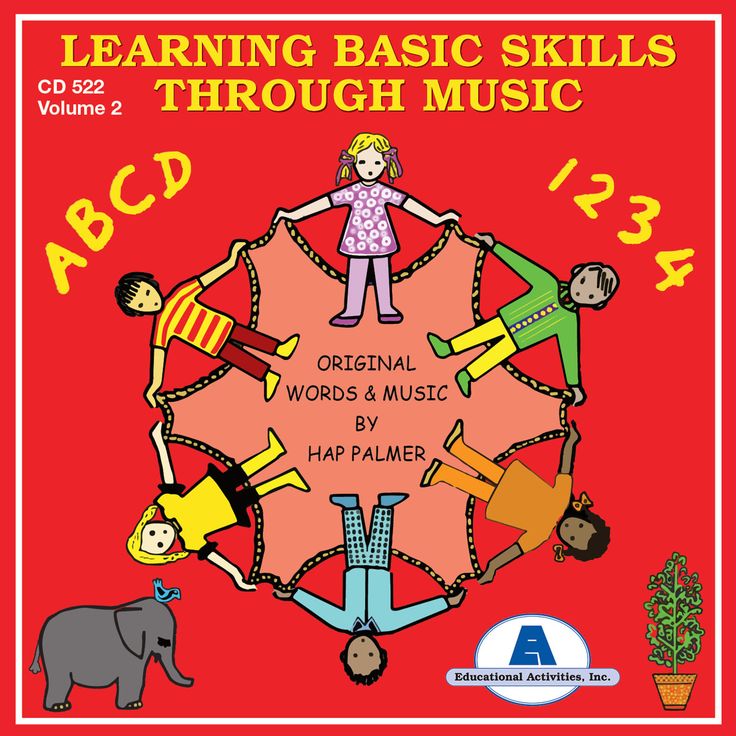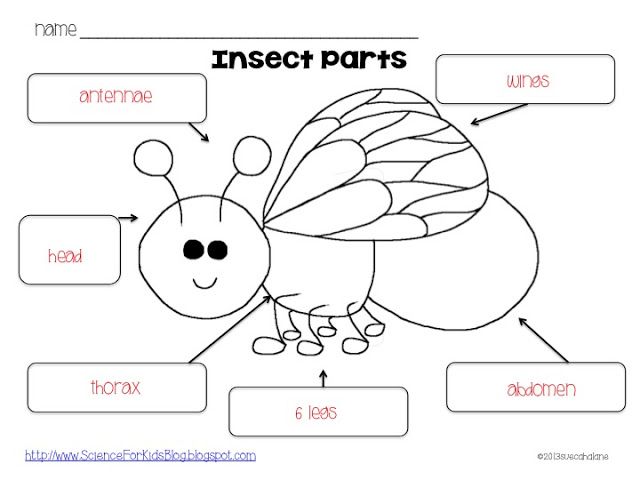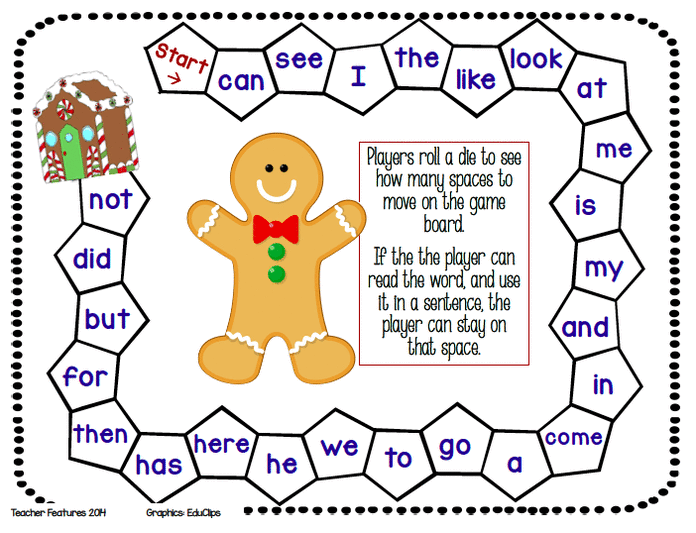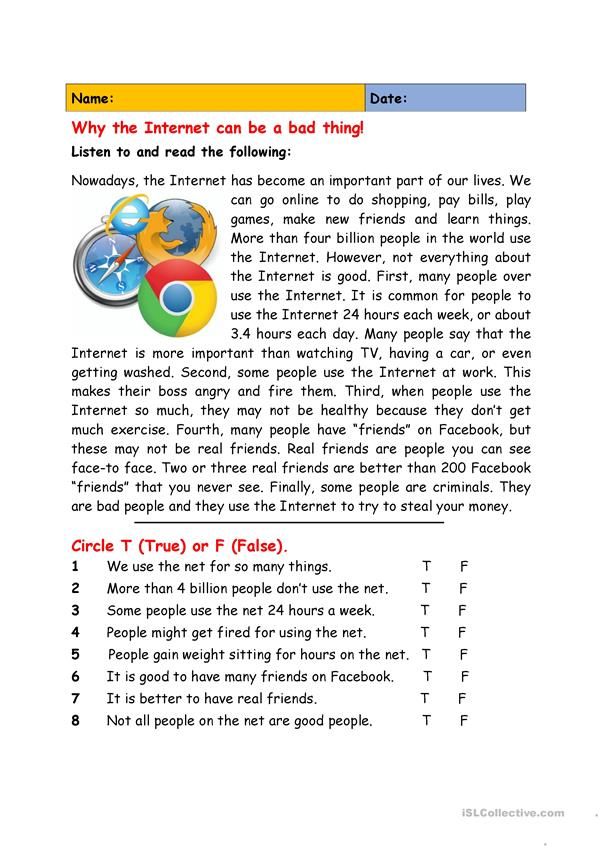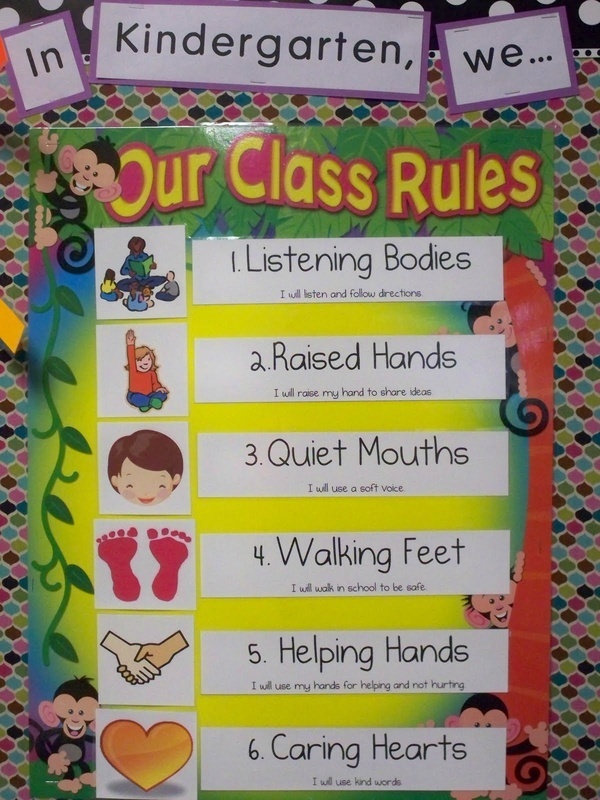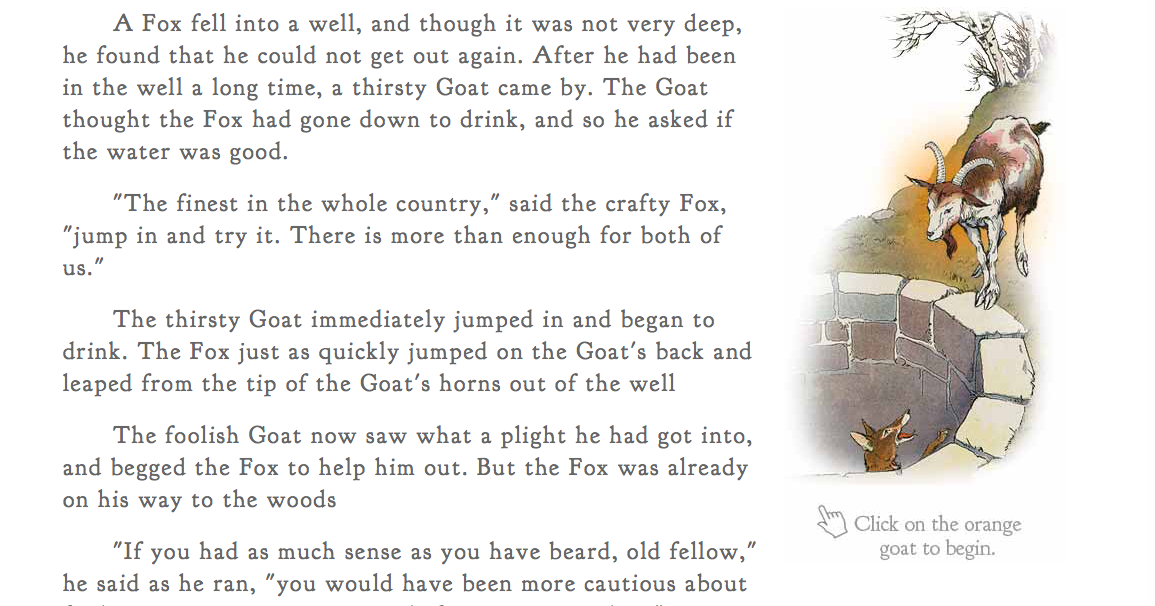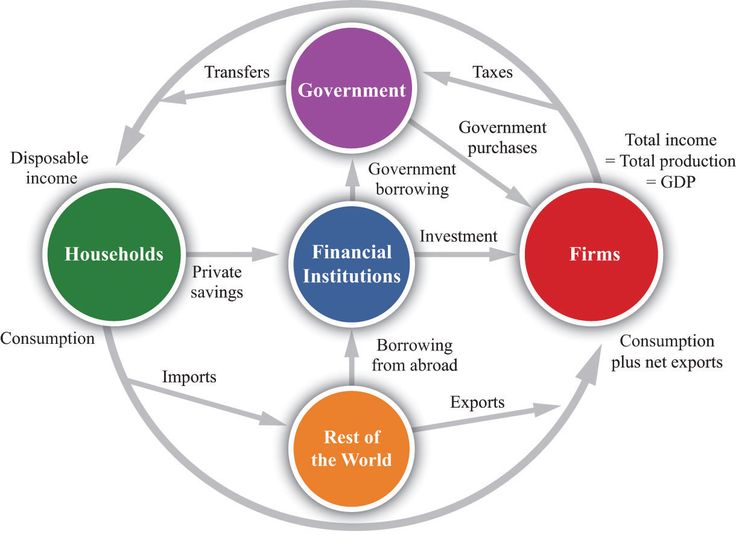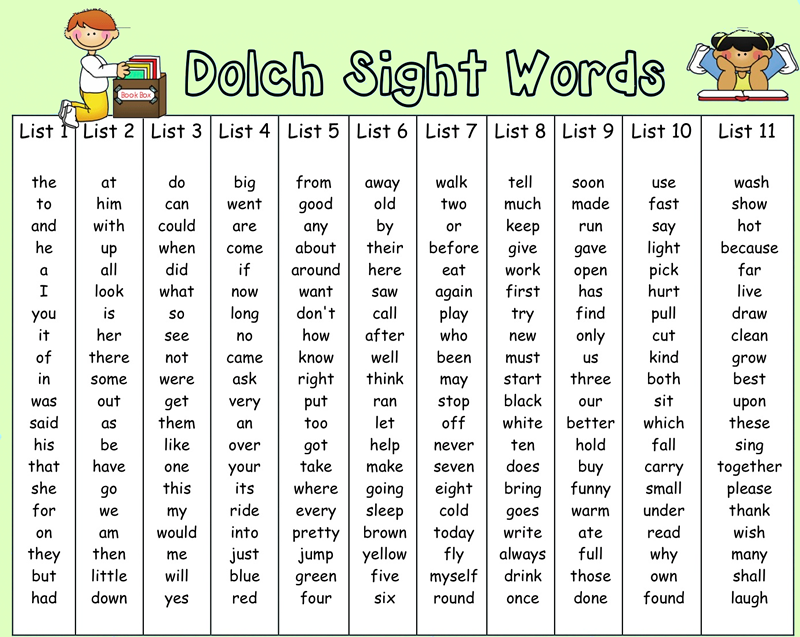Learn through music
How Children Learn Through Music
By Arctic Meta,
Most children learn their first lessons through music. It’s ingrained in childhood for most cultures on the planet. Over the thousands of years since humans evolved, the act of incorporating lessons or stories into songs has become an integral part of raising a child.
Everyone remembers simple songs like ‘the itsy bitsy spider’ and ‘heads, shoulders, knees and toes.’ These songs are so easily ingrained in memory, most people can’t even remember when they first learned them or who from.
Music is a fun and entertaining part of childhood that, for most people, continues to play a significant role in life, even if it’s just rocking out to some tunes in the car or on the subway. What some people might not know is that by learning music, children actually gain access to and hone a whole bunch of other skills.
So how do children learn through music? What do they learn exactly? What particular skills does it help develop? Read on to find out.
How Music Helps Children’s Brain Development
It has been recently found that musical engagement during early childhood can actually help the brain to develop. One particular study found that incorporating music into everyday life for babies and toddlers has the benefit of enhancing a child’s language acquisition and reading skills.
Learning Through Music Games
Children connect with music from a very young age. Even babies will bounce along to a song or sway their hands if they enjoy the sounds of it. They also love play, and music lends itself to play for children pretty much from day one.
From toddlers to teens, there are a number of ways in which parents and educators can help them learn through music and musical games.
Toddlers Learning Through Music
Toddlers instinctively love to dance. They enjoy how music encourages them to move, and the best music for toddlers uses a lot of repetition. This is the age where most parents are familiar with the same song or movie being played over and over again because toddlers love repetition and routine.
It’s also at this age that kids start to develop pattern recognition, and that could easily be positively exploited to create a game. It can be as simple as picking one of their favourite nursery rhymes and challenging them to change just one word. The ‘Itsy Bitsy Spider’ could become the ‘Itsy Bitsy Giraffe.’ They can also have lots of fun finding different objects around the house to use as drums.
Preschool Children Learning Through Music
Preschoolers are natural performers. They don’t yet have all the insecurities that come along with being self-conscious and love to sing loudly. At this age, they have already discovered and enjoyed replicating beats and really enjoy songs with silly words in them.
They naturally gravitate towards songs with lyrics that are easy to understand, but they also have a pretty innate sense of what they like and don’t like. Preschool children are also eager to please, so any musical game that encourages them to complete simple challenges will be eaten up like candy.
This is the reason why games like musical chairs and pass the parcel are winners at any preschool birthday party. They’re fun, but they also teach kids risk assessment, spatial awareness and problem-solving.
School Children Learning Through Music
By the time they get to school age, children are often obsessed with music that was made specifically for them. Kids’ singalongs are particularly popular. Often this kind of music was already made with educational purposes in mind, so the songs normally involve things like spelling, counting or sequences of events. This is where parents will often become familiar with bands like The Wiggles, and if they pay attention to the lyrics, they will see that these silly songs were definitely written by teachers.
This is also a common time for kids to start showing an interest in learning a musical instrument or how to sing.
Teenagers Learning Through Music
Music often defines a lot about the life of a teenager.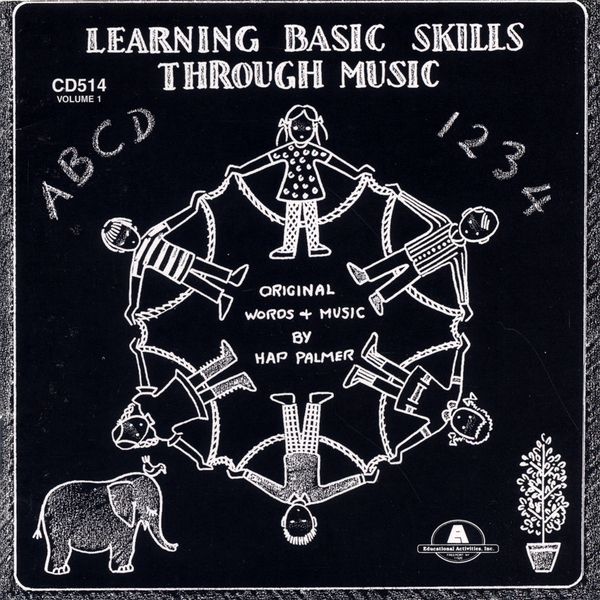 It is usually how teens make friends and set themselves apart from others. Most teens enjoy hanging out with friends and listening to music after school or in their free time.
It is usually how teens make friends and set themselves apart from others. Most teens enjoy hanging out with friends and listening to music after school or in their free time.
In the modern age, thanks to applications like Tik Tok, music has given teens an entirely new vernacular to express themselves and feel connected to other like-minded individuals. Many of the trends they follow are musically based.
This is also an age where they start to learn more about the world they live in from the music they listen to. Lyrics become something to be deciphered and studied, and their own worldview is expanded because of this. Studies have shown that a person’s musical tastes tend to peak in their teen years, so this is an incredibly important time for learning through music.
The Benefits of Children Learning Through Music
Learning through music is a fun and engaging tool, but it does actually have some incredible benefits for the development of children.
Strengthens Listening & Language SkillsBy the time a child is 10 years old, they have already developed a pretty decent understanding of the grammar, pronunciation and tenses of their native language.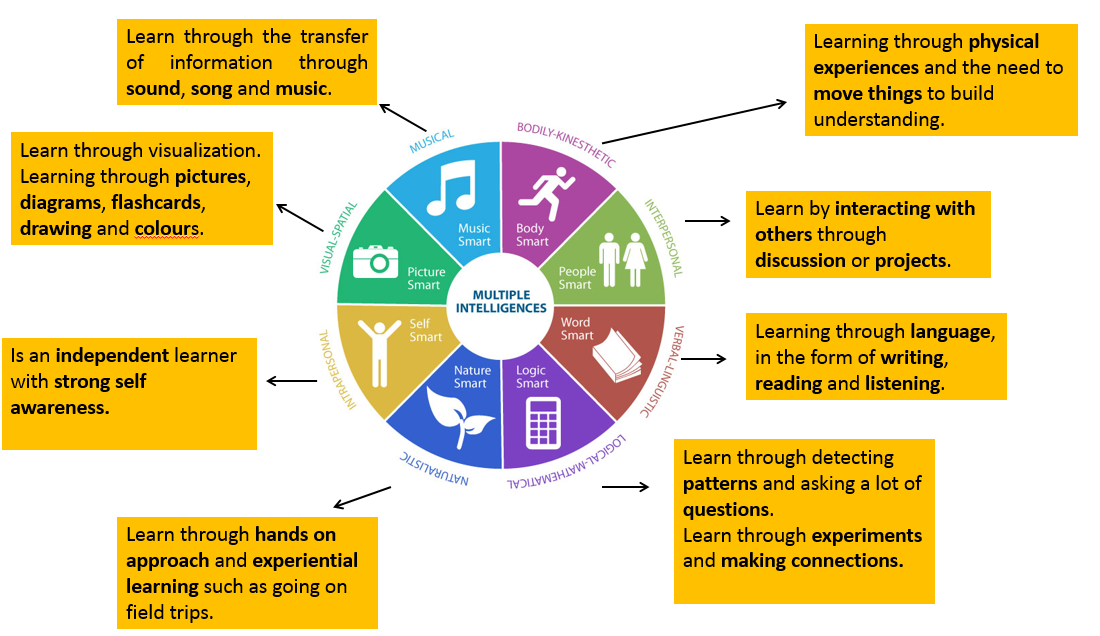 It’s believed that the most integral period of time for their listening and language skills is between the ages of 2 and 9.
It’s believed that the most integral period of time for their listening and language skills is between the ages of 2 and 9.
Throughout these formative years, it’s also believed that learning through music helps to strengthen the listening and language skills they are developing. It helps to fine-tune their ears to detect differences in pitch and tone, which are also necessary for understanding language.
Improves Motor SkillsMotor skills are such an important part of simply functioning on a daily basis. The act of pushing a button to take an elevator seems easy, but it actually took years of intense development for most humans to be able to do it effectively.
Music definitely assists in the speedy development of motor skills in children. Often the simple dances kids learn when they are younger are filled with simple exercises to strengthen motor skills, like the hokey pokey. Doing these in time to music makes it more challenging but also commits many of the movements to muscle memory.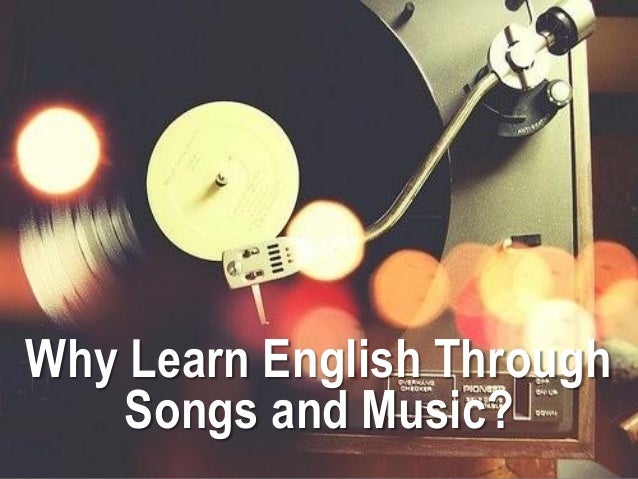
Kids who receive musical education tend to perform better academically than those who don’t, but they also tend to develop their problem-solving skills at a better rate. It is believed that the dedication it takes to learn a musical instrument or technique strengthens their resilience. Kids who study music seem to understand that problems can’t always be solved immediately, but they will eventually with time and patience.
Improves Spatial-AwarenessSpatial awareness is basically the ability for a person to know their relationship with the spaces they are in. From simple things like ‘Will, this couch fit through that door?’ to complex things like assessing a parallel parking manoeuvre.
It’s not something that comes innately; it is learned as children develop. There have been several studies showing that those who experience musical education as children tend to have a better grasp of spatial awareness.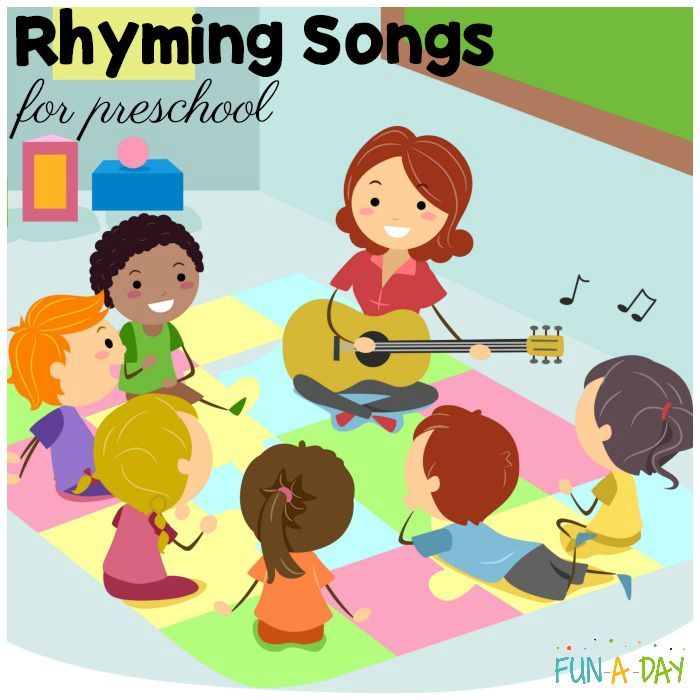
The ability to recognise, decipher and attach meaning to words isn’t easy. It’s a multilayered series of processes that sync up to enable someone to understand the written word. In reality, the same skills involved in reading and comprehension are used to interpret musical notes and turn them into audible sounds.
Music definitely helps strengthen the cognitive skills required to excel at literacy. Even if a child decides to not play an instrument later in life, the literacy skills they will have strengthened because of music education will be unmatched.
Supports Emotional Well-BeingThroughout childhood, there is a lot going on for kids at any given time. They’re constantly assessing the world around them and trying to make sense of both it and their relationship to it. It can also be hard for kids to regulate their emotions. In their heads, the world can be very black and white, so sometimes they don’t realise that they’re sad because they’re tired, or they’re grumpy because they’re hungry.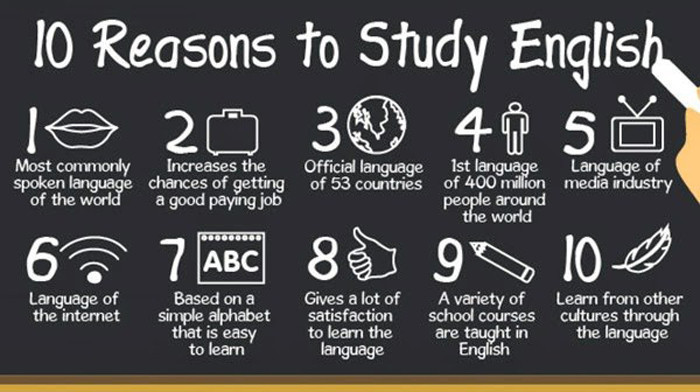
Apart from all the academic and developmental benefits learning through music provides, it also just feels good. Music is a great way for kids to alleviate stress, express themselves and support an overall feeling of emotional and mental well-being.
Supports Phonemic AwarenessPhonemic awareness is the ability to listen to and interpret sounds while associating meaning to them. It’s also about determining the sounds associated with different combinations of letters. A child with a good level of phonemic awareness is able to tell that ‘eight’ and ‘ate’ sound exactly the same.
Music also deals with phonemic awareness in a similar way to literacy. Music notes represent sound values, and once a person knows them, they are able to decipher a piece of music into a song. Students that have a musical education routinely demonstrate great phonemic awareness because of their increased exposure to it.
Improves Calmness and Ability to Focus the MindMusic can have dramatic effects on the ability to stay calm and focused. The beat, tempo and mood of a piece of music can increase productivity, help someone destress, or even just provide a space to be a bit more reflective.
The beat, tempo and mood of a piece of music can increase productivity, help someone destress, or even just provide a space to be a bit more reflective.
Music can also be used to help motivate a student or create good study habits. For example, if they play a certain piece of music when they are revising before exams, some of that knowledge will likely be linked to that piece of music in their head. This makes it easier to recall the information in a calm and focussed way, even under the pressure of an examination.
Strengthens Aural DiscriminationAural discrimination is basically a fancy way of saying, ‘listening skills.’ Specifically, it deals with the ability to differentiate sounds and what they mean. Aural discrimination plays a huge role in how humans are able to understand the world around them before they are able to talk. Soon after, they are able to replicate those sounds, sometimes accurately, sometimes not.
Most adults have noticed when children say a word or phrase incorrectly. Often it’s adorable, and over time they realise their mistake, and it is fixed. Not all children make these common mistakes, though. The reason for this is that some are just better practised at deciphering and reproducing sounds. Often children who have a musical education show a higher rate of accuracy in their listening skills.
Often it’s adorable, and over time they realise their mistake, and it is fixed. Not all children make these common mistakes, though. The reason for this is that some are just better practised at deciphering and reproducing sounds. Often children who have a musical education show a higher rate of accuracy in their listening skills.
Of the many skills that music helps develop in kids, one that shouldn’t be left out is intuitive response. Intuitive response is a skill that is often associated with art. It’s the ability to go with a gut feeling and know that things will work out. This might sound like a fluke or accident, but in general, those with a good intuition are actually using a combination of deduction skills that feel like organic decisions made in the moment.
Music helps harness the ability for a student to go with their gut. By nature, music is a combination of strict discipline mixed with intense theory that aims to present something that seems as though it was made up on the spot. Those who develop a great sense of intuitive response tend to deal well under pressure, are exceptional communicators and often can seem like mavericks in their field of expertise.
Those who develop a great sense of intuitive response tend to deal well under pressure, are exceptional communicators and often can seem like mavericks in their field of expertise.
How Music Supports the Development of Reading Skills
One of the major ways that music supports the development of reading skills is that there is an overlap in the connections in the areas of the brain that process language and music. This part of the brain is called Broca’s area.
The current understanding of Broca’s area is that when reading a book or listening to a piece of music, the brain doesn’t explicitly separate these two actions. Studies show that because of the close relationship of the way reading and music are processed in the brain if one skill is strengthened, the other will benefit.
How Mussila Can Help Your Child Learn Through Music
Taking all of the above information into account, it would seem that finding a way to capitalise on how music helps kids to learn would be a great idea.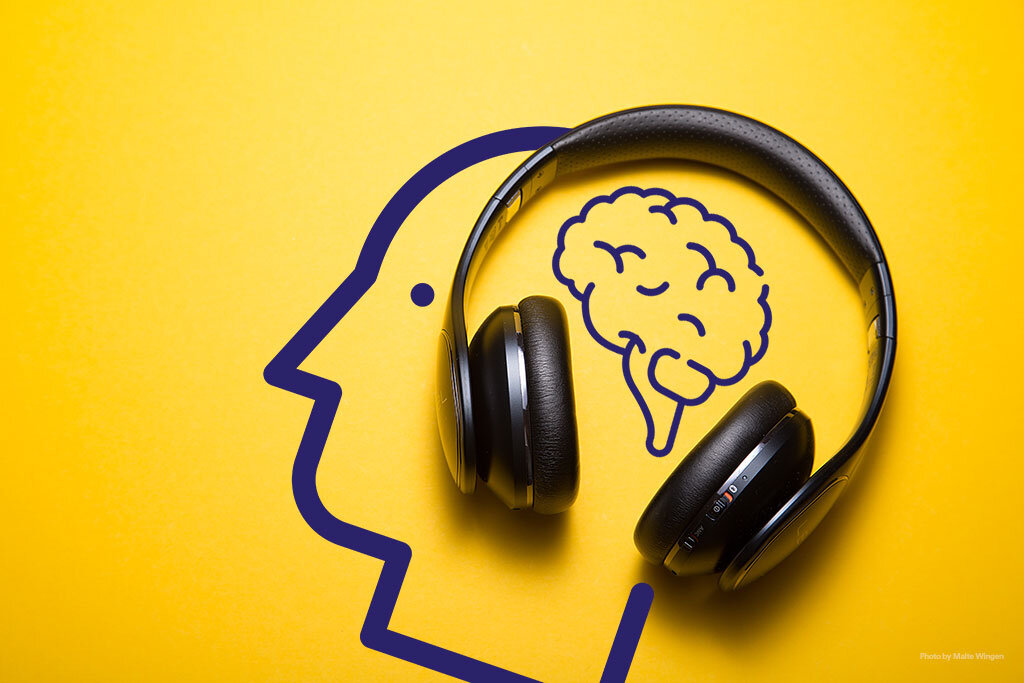 This is exactly the concept behind the Mussila Music School.
This is exactly the concept behind the Mussila Music School.
Mussila is an award-winning musical education application that teaches kids music through play. The app takes kids through all the elements of musical education, from theory to instruments, to even composition.
Mussila aims to give kids carefully crafted music instruction without the need for expensive instruments or classes. They just need a connection to the internet. The entire Mussila music school can be accessed from a tablet and, best of all, can be used without the need for parental supervision.
The team behind Mussila have also taken the same award-winning approach to musical education and applied it to teaching kids how to read. The app, called ‘WordPlay’, will be released soon, so be sure to follow Mussila on social media to stay up to date on all things ed-tech.
Conclusion
Music is a huge part of life for most people. It’s an incredible outlet, memory maker and personal soundtrack to the magic of life.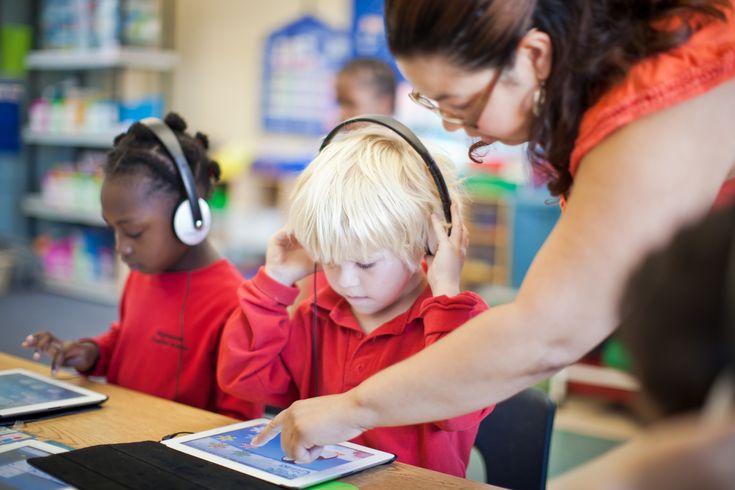 Music also has the power to unlock hidden potential in so many other areas of education. Incorporating musical education into the routine of a student is certain to give them an incredible head start in life and the best possible chances in whatever they decide to do in the future.
Music also has the power to unlock hidden potential in so many other areas of education. Incorporating musical education into the routine of a student is certain to give them an incredible head start in life and the best possible chances in whatever they decide to do in the future.
Education Through Music
Education Through Music
Developing Self Confidence
Increasing Motivation for School
Improving Academic Achievement
Building Community
About Us
Our Mission
Education Through Music (ETM) partners with under-resourced schools to provide music as a core subject for all children, and utilizes music education as a catalyst to improve overall achievement, motivation for school, and self-confidence.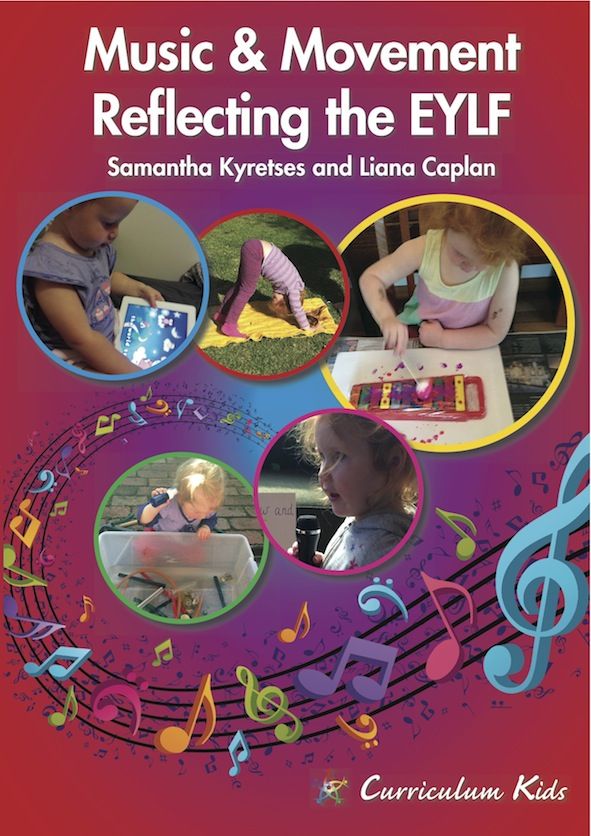
Learn More
2023 Education Through music gala celebration
March 29, 2023 at the Ziegfeld BallroomWe are excited to celebrate together at the iconic Ziegfeld Ballroom where we will honor Warner Music Group for its DEI Initiatives. The evening will include Andy Hilfiger as our host, with a lineup of performances by our amazing students and other artists. We will also recognize companies and individuals making their mark on education, the arts, and NYC and end the evening with a casino themed after party. Join us to ensure equity in music education and celebrate the impact we make on our students and the New York City community. Click below to reserve tables and tickets.
Tickets
etm partner school students perform at the apollo theaterETM students brought the house down at the Apollo Theater! On December 1, 2022, The Ralph Bunche choir from ETM partner school P.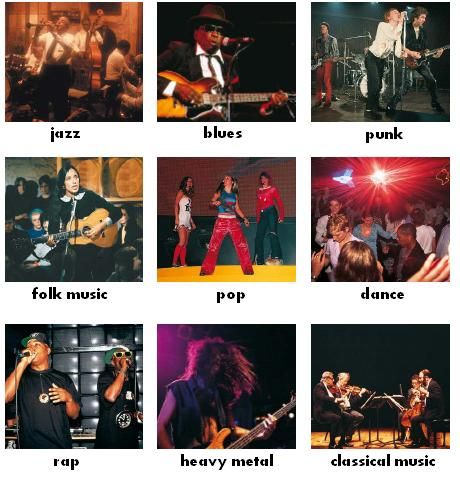 S. 125 in Harlem was invited by Mastercard to perform at the exclusive Netflix film screening of Descendant, a documentary that follows descendants of the survivors from the Clotilda, the last ship that carried enslaved Africans to the United States, as they reclaim their story.
S. 125 in Harlem was invited by Mastercard to perform at the exclusive Netflix film screening of Descendant, a documentary that follows descendants of the survivors from the Clotilda, the last ship that carried enslaved Africans to the United States, as they reclaim their story.
Introduced by NYC Department of Education Chancellor David Banks, and under the brilliant direction of ETM Teacher David Moxey, the choir opened the evening with a powerful and moving rendition of “Lift Every Voice and Sing” to the packed audience, and received an overwhelming standing ovation. Click here to watch NBC New York’s coverage of the event, and click below to watch the full performance!
Education Through Music: The PodcastWhy do all students need access to music education? How does music support students’ social and emotional well-being? What is music’s role in addressing the academic and emotional effects of the pandemic on students?
Every month, podcast host and ETM Instructional Supervisor, Noah Teachey, explores these questions and more as he sits down with guest teachers, students, families, schools administrators, and education researchers to discuss the importance of music education in our schools.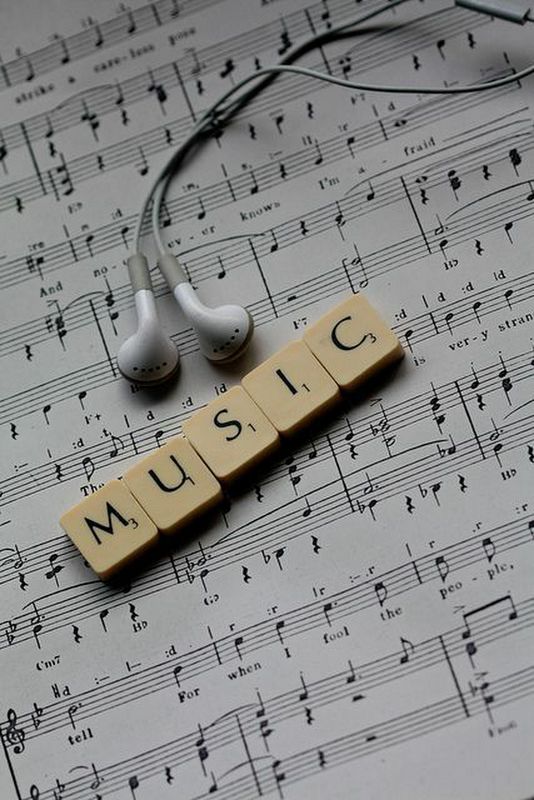
In Episode 4, Noah sits down with ETM music teacher Arielle Lewis to discuss the role that music education plays in teaching trust and care. Arielle speaks about her personal experiences coping in the classroom in the midst of personal turmoil, as well as the redemption she experienced through building her music programs and preparing for her ukulele ensemble’s special holiday performance this season.
Our 2022-2023 Music Classes
Why Music Education?
It is part of a well-rounded education, essential for students’ social and emotional well-being, and a critical tool for establishing equity and access.
Learn More
How Can You Help?
Join us to ensure that every child, at every school, has access to high-quality music education.
Become ATeacher
GetInvolved
Donate
Our Generous Partners
Subscribe to our Newsletter
Stay up to date with highlights from our partner schools and more! Sign up
music and study compatibility
tips Given that listening to music while working and studying has become the norm these days, many might think that science has a clear answer as to whether listening to music while studying is worth it.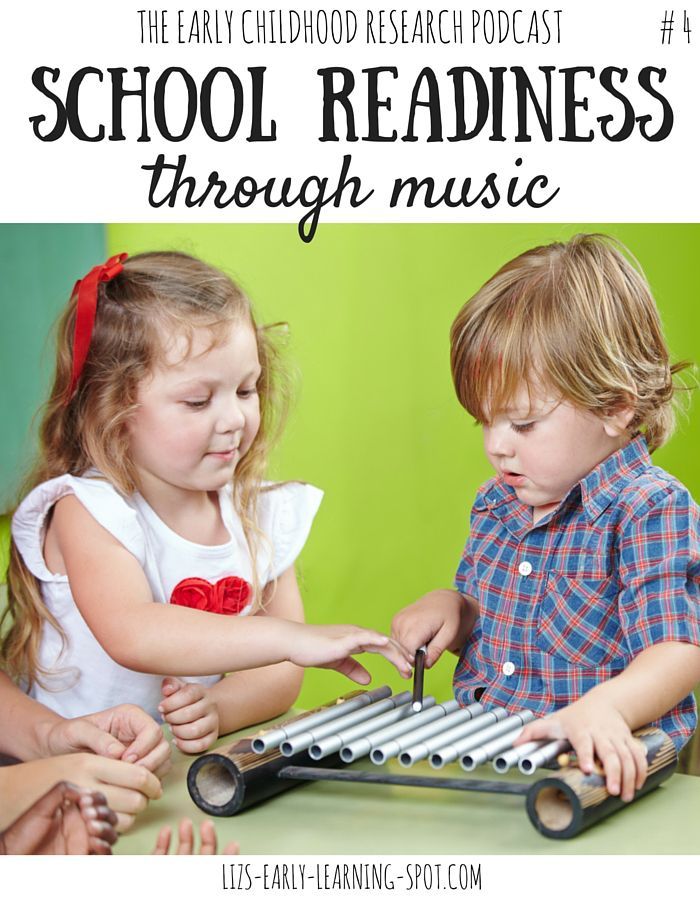 But is it really so?
But is it really so?
Arman Bolatov
• 2 minutes. reading
The myth of listening to music
In 1993, an article was published in Nature magazine mentioning the Mozart effect . In their study, Francis Rauscher and David Shaw of Columbia University showed that Mozart's music improves human spatial reasoning: / spatial thinking after listening to Mozart than after listening to either a relaxation tape or nothing. nine0021
But with the light hand of the media, Mozart's music has been proven to increase the level of intelligence of listeners, which was not indicated in the article itself. In addition, Rauscher and Shaw's study showed only a short-term improvement in spatial reasoning:
The amplifying effect of music on spatial reasoning is temporary and does not extend beyond the 10-15 minute period during which the subjects completed each spatial task.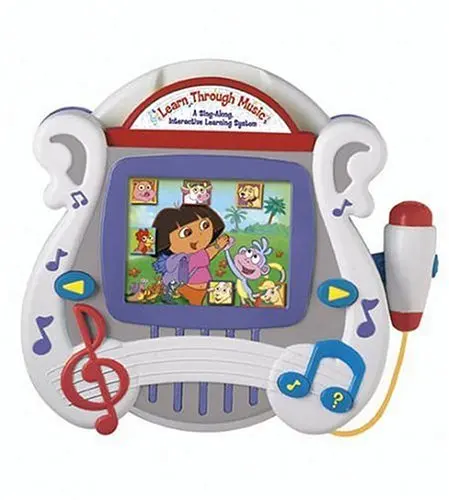
And despite this, their results were interpreted by the public and the media as "an improvement in the functioning of the brain as a whole" (as an example, an article in the "New York Times"). nine0003
Also, do not forget about the instability of the result. So this effect was not confirmed in many other studies, finding confirmation only in a few.
Given all the data, it is now recognized that the Mozart effect is just a myth and nothing more.
Although the Mozart effect has not been accepted by the scientific community, let's understand what science has to say about music in general. Image courtesy of bibliography.comTwo sides of the same coin
To this day, experiments are being conducted to find out how music affects productivity during study and work. Let's take a look at the opposite sides. nine0003
When to listen to music
In a noisy workplace, the brain will try to process all the individual pieces of data in the noise.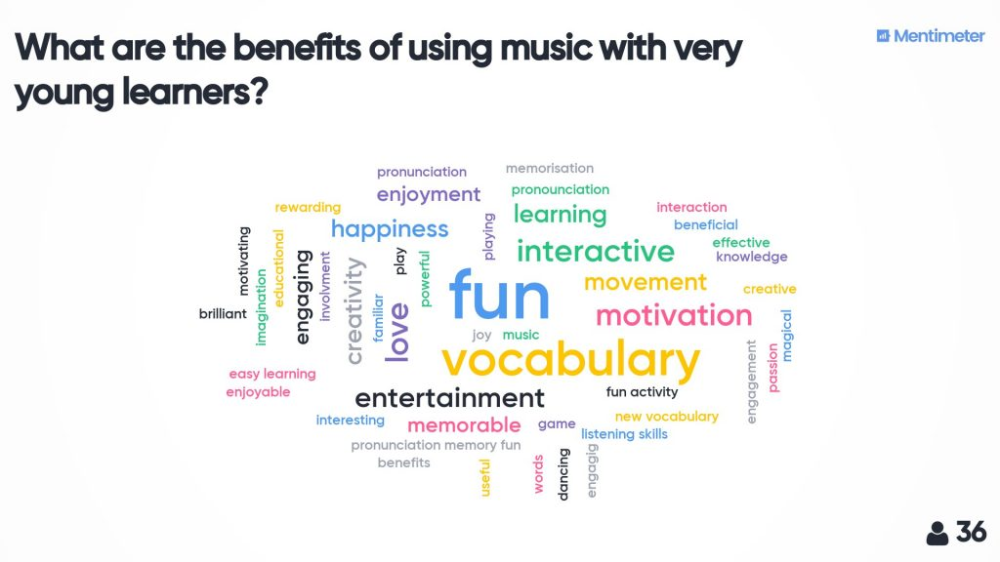 It takes a lot of energy that you could use to focus on your work. In such situations, listening to music blocks outside interference and can really help. Various studies have shown that people who listened to music while working on monotonous tasks completed it faster and made fewer mistakes. This happened because the music you love triggers the release of feel-good neurotransmitters like dopamine. nine0003
It takes a lot of energy that you could use to focus on your work. In such situations, listening to music blocks outside interference and can really help. Various studies have shown that people who listened to music while working on monotonous tasks completed it faster and made fewer mistakes. This happened because the music you love triggers the release of feel-good neurotransmitters like dopamine. nine0003
When not to listen to music
Everyone knows that the learning process requires the analysis and memorization of various facts and instructions. However, when music is played, the brain processes two things at once. Because of this multitasking, the brain can misinterpret the information we need. Therefore, it is strictly not recommended to listen to music when learning new material or reading books, especially when the music is with lyrics.
Listening to new music involves an element of surprise or novelty. At this point, your body releases dopamine in response to this novelty , making you feel some degree of pleasure. This can ultimately make music more attractive than any other task.
This can ultimately make music more attractive than any other task.
Special playlist
If a person has a strong desire to listen to music while studying (or working in general), then you need to carefully choose each melody so as not to disturb the focus.
- Sounds of nature are well suited for the background, masking human speech, and also have a positive effect on cognitive functions and concentration. nine0006
- Also suitable are some movie soundtracks, instrumental or orchestral music, such as Thomas Frank's study and work playlist.
Conclusion
Despite the fact that music has a beneficial effect on our mood, and, accordingly, on motivation and productivity, we do not recommend listening to music when preparing for the Olympiad or studying.
We wish you successful and productive work!
Authors of the article: Arslan Daminov, Didar Kozhikov
Editor: Arman Bolatov
Calm Radio's 7 Tips for Better Studying with Music
The Habits That Help You Learn and Work Most Effectively Must Be Cultivated! If you find it difficult to keep your attention on any one topic for a long time, continue reading this article. We will tell you about 7 different tricks to help increase productivity.
We will tell you about 7 different tricks to help increase productivity.
1. Separate study from leisure through music
During the school year, you need to find a place where you can spend an hour or two each day in peace and comfort. It should be well lit, comfortable enough and as tidy as possible. A separate workplace will help you focus on completing tasks. nine0003
Workplace preparation may also include a selection of music selections with compositions created specifically for study. Calm Radio has an entire section dedicated to music channels for study and other activities that require focus, attention and concentration. Choose from any of the study music channels: Study Piano, Chillhop, Movie Scores, or any other. There you will find classical music, focus beats and modern instrumentals that will help your brain stay focused and sharp. nine0003
2. Make your life more orderly and organized
A daily to-do list, a desk calendar, or a wall calendar are all simple and affordable ways to stay organized and remember important things.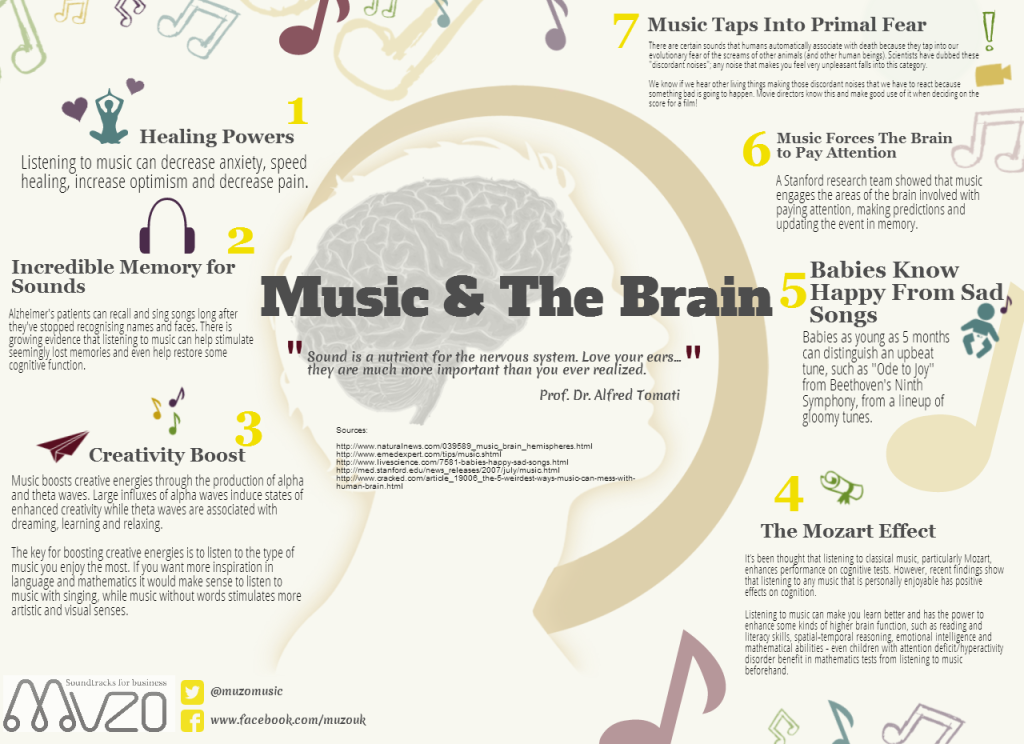 At the very beginning of the semester, write a list of all upcoming projects with due dates, and don't forget to include the start and end dates for the sessions. Use different colors for different items, and check this list daily so you don't accidentally miss something important. nine0003
At the very beginning of the semester, write a list of all upcoming projects with due dates, and don't forget to include the start and end dates for the sessions. Use different colors for different items, and check this list daily so you don't accidentally miss something important. nine0003
3. Prepare for class
Organize your workspace so that everything you need to study is at your fingertips. All your notes, all your workbooks, drafts, pens and pencils, a glass of water and a laptop on charge - in this vein.
You see, the more you get distracted looking for a pen or calculator, the more often your laptop turns off due to a dead battery, the more difficult it will be for you to focus on your studies. As a result, the more precious time you will waste. nine0003
4. Set priorities and goals
- How long do you plan to study?
- Which of your top priorities is the most urgent?
- What subjects will you study and for how long?
5. Get rid of distractions
Noisy environments can be very distracting from studying. And if you live in an area that is constantly noisy, try using so-called acoustic treatment methods. Read more about the benefits and ways to use white and pink noise in everyday life, we already write here. Turn on Calm Radio's white noise channels - this is a great way to mask extraneous noise (like cymbals or voices) coming from the next room. nine0003
And if you live in an area that is constantly noisy, try using so-called acoustic treatment methods. Read more about the benefits and ways to use white and pink noise in everyday life, we already write here. Turn on Calm Radio's white noise channels - this is a great way to mask extraneous noise (like cymbals or voices) coming from the next room. nine0003
Put your phone on silent and put it somewhere far away where you can't even see it. The fact is that it is the phone that distracts us from business most and most of all. If you literally do not let go of your smartphone, and even the thought of a couple of minutes without it plunges you into shock and horror, you can make a small compromise and after every 15 minutes of study (and only study!) Take yourself a 2-minute break with a smartphone . Gradually increase the training interval - first up to 20 minutes, and then up to half an hour. nine0003
And if the temptation to turn on your smartphone gets particularly strong, just close your eyes and take a deep breath, and then exhale just as deeply.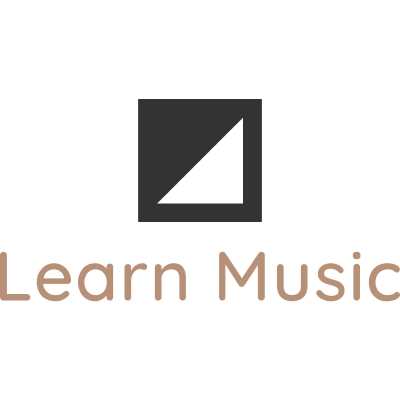 And so - several times.
And so - several times.
6. Stick to your study schedule
Make it a habit! Sit down to study every day and at the same time (at least approximately). Say, right after school, or after dinner. If you do your homework with good music in a specially allocated time for this, then everything will seem less tiring. However, keep in mind: some days you will need less time, and some more. nine0003
7. Don't forget about breaks
Taking breaks while studying helps to "reset" the brain, which is especially useful if you are tired or can no longer see all these textbooks. Get outside, walk or even run, eat something tasty or look at your smartphone. The main thing here is not to forget to set a timer, at the signal of which the break will end, and you, accordingly, will return to study.
Do not judge yourself too harshly, be patient. A great start is to use just one tip from this article for your next class. Also turn on different music channels for study and attention to see which one works best for you.